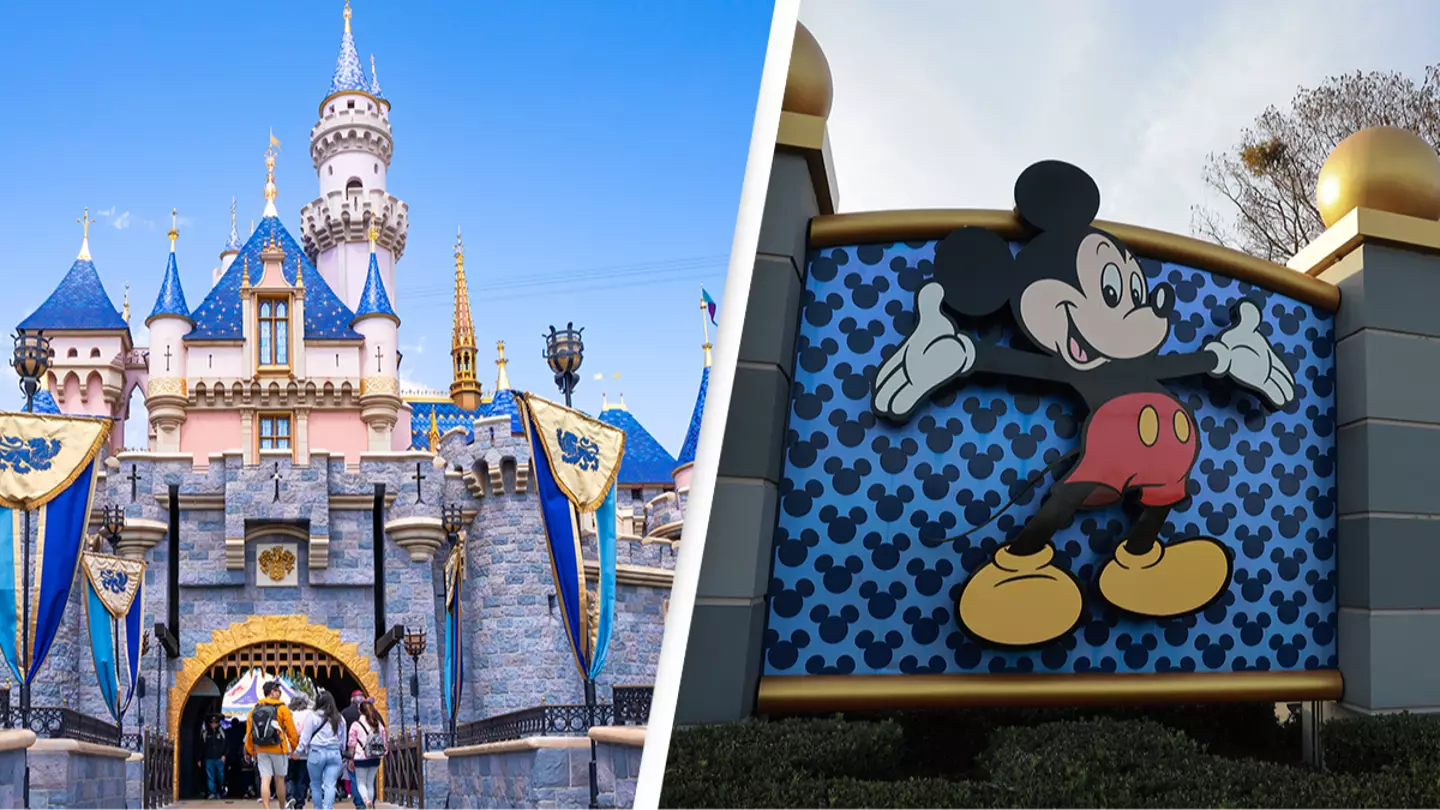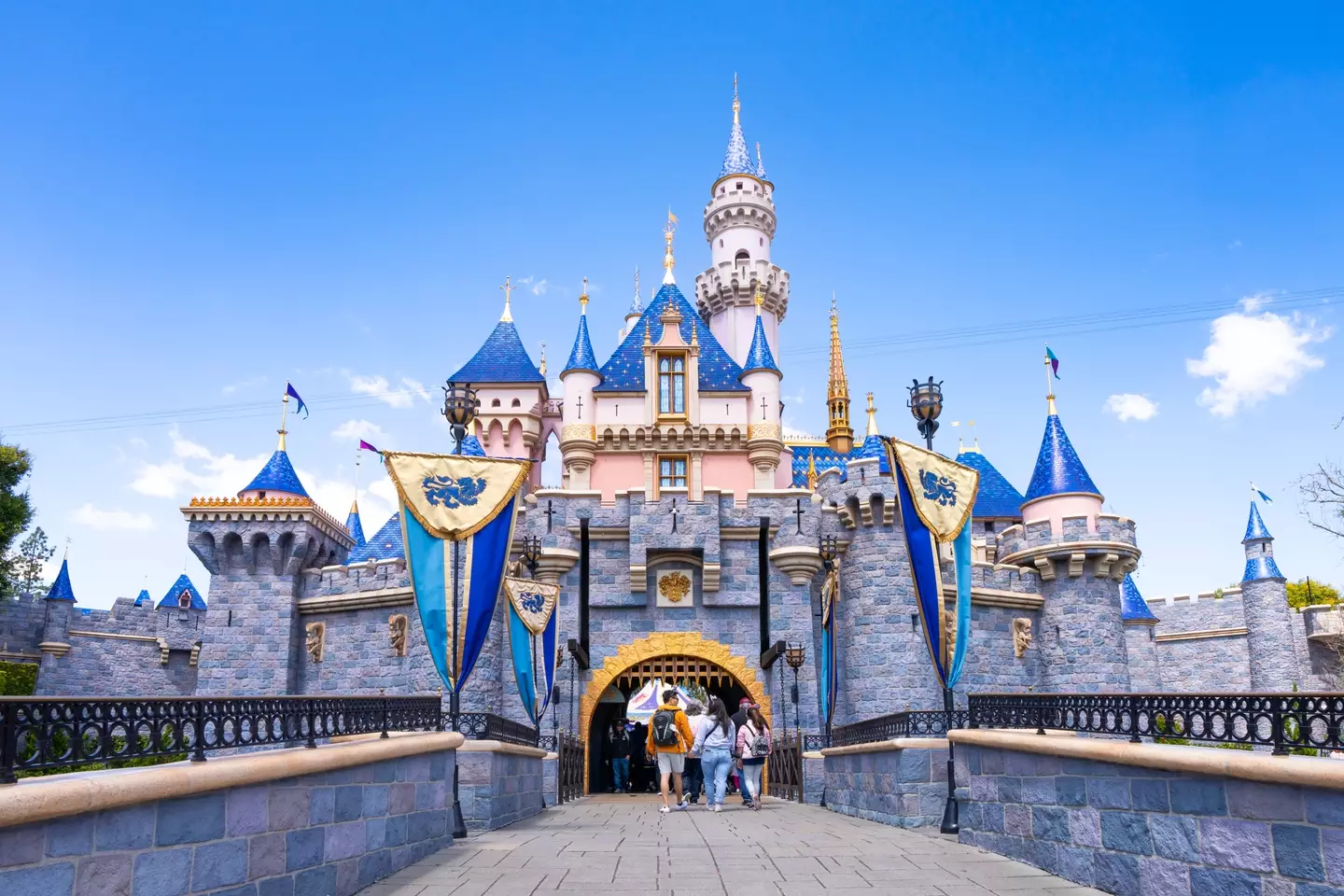
Disney is updating its policy on disability access to its parks as a result of the program allegedly being abused.
Disney's Disability Access Service (DAS) was introduced to support guests with 'developmental disabilities like autism or similar', however, the program has ended up overloaded and used by people it isn't intended for.

The service
Disney Parks first announced the Disability Access Service (DAS) back in 2013, a spokesperson for the company told NBC.
According to Disneyland's website, the service supports guests who 'due to a developmental disability like autism or similar, are unable to wait in a conventional queue for an extended period of time'.
Advert
The site explains the service is intended for 'a small percentage of guests' and 'doesn’t provide immediate access to experiences, but rather allows Guests to request a return time for a specific experience that is comparable to the current standby wait'.
Guests who want to join the service don't need to show Disney proof of their disability. Instead, in order to obtain the service, guests have to register and find out whether they are eligible either through having a 'conversation with a cast member' via live video chat or going to an on-site Accessibility Services window - guests can do this between 2-30 days prior to their park visit.
Once a member of the DAS program, the guest and the rest of the group they're attending with will be able to utilise the service, however, certain changes to the rules are set to be implemented as a result of it allegedly being abused.
The issues
A spokesperson told NBC on Friday (12 April) that over the last five years, use of the program has tripled.
Not only this, but despite Disney's warning, some people who've been using the service don't actually qualify.
Disney's website states: "If it is determined that any of the statements a Guest made in the process of obtaining DAS are not true, the Guest will be permanently barred from entering Walt Disney World Resort and the Disneyland Resort, and any previously purchased Annual Passes, Magic Key passes, tickets and other park products and services will be forfeited and not refunded."
But what can be done to make sure the service is being saved for the people who need it most?

Updates to the program
Well, on Tuesday, 9 April, Disney announced it will partner with a health management company to help staff assess whether someone qualifies for the service or not.
It will also add extra staff on to help manage the number of guests applying for the service and walk them through it.
On top of this, there will be new restrictions on how frequently eligible guests can enter into the program. Previously, guests have been able to register and discuss their eligibility every 60 days, however, it's now set to be every 120 days.
The number of family and friends the guest can bring with them in their group has also been altered from six to four.
These new measures are set to be put into place in both Disneyland and Disney World - Disneyland from 18 June and Disney World from 20 May.
A spokesperson for Disney told NBC: "Disney is dedicated to providing a great experience for all guests, including those with disabilities, which is why we are so committed to delivering a wide range of innovative support services aimed at helping our guests with disabilities have a wonderful time when visiting our theme parks."
UNILAD has contacted Disney for comment.
Topics: Disney, Disneyland, Health, World News, Mental Health, Disney World